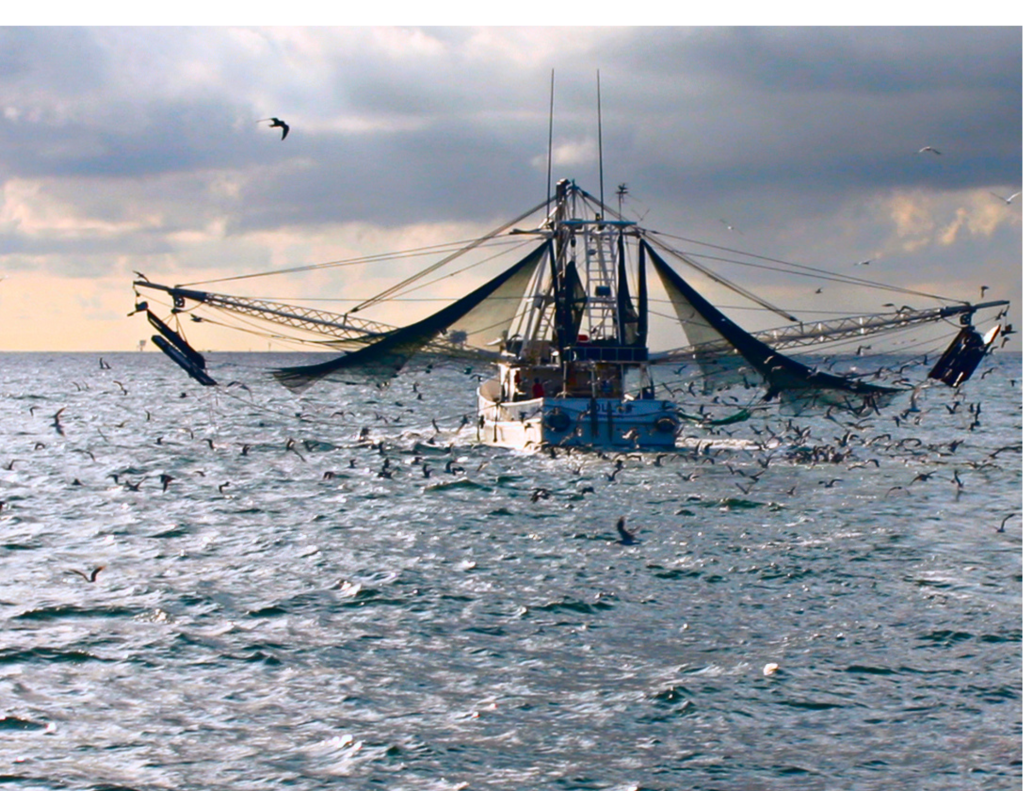Why It Matters: The sounds and estuaries along the coast of North Carolina are among some of the most diverse and productive marine environments in North America. They provide valuable nursery habitat for many species commonly pursued by both recreational anglers and commercial fishermen. Aligning North Carolina with other Southeastern states in conserving these valuable resources is a critical step towards sustaining our time-honored traditions for generations to come.
Highlights:
- House Bill 442 (H442) would prohibit shrimp trawling in any coastal fishing waters other than areas of the Atlantic Ocean located more than one-half mile from the shoreline, among other provisions.
- H442 was reported favorably by the Senate Agriculture, Energy, and Environment Committee (as amended) and the Senate Rules and Operations Committee on June 17. It then passed the full North Carolina Senate on June 19.
- H442 now heads back to the House of Representatives for a concurrence vote to approve the amendments made in the Senate, which is expected to occur tomorrow on Tuesday, June 24.
- The Congressional Sportsmen’s Foundation (CSF) submitted written testimony in support of H442 to the full North Carolina Senate and House of Representatives last week and issued an action alert encouraging North Carolina residents to contact their House members expressing their support of H442.
Recreational fishing in North Carolina is something that is enjoyed by both in-state residents and also many people from across the country that flock to the Old North State each year to experience the world-renowned marine fisheries that North Carolina has to offer. Fishing in North Carolina is therefore not just a driver of significant conservation funding, but also an economically important activity that drives tourism in many parts of the state. Ensuring that these diverse and valuable marine habitats that support a wide variety of commonly pursued sport fish species remain intact and healthy for future generations should be top of mind.
Currently, North Carolina is an anomaly among Southeastern states in that they allow for industrial trawling for shrimp in the state’s inshore waters, including in sounds and estuaries. It is well understood that trawling in sensitive habitats, like estuaries and sounds, can have a significant negative impact on critical nursery habitat that supports important recreational and commercial fisheries. In addition, it has also been shown that shrimp trawling can result in substantial bycatch of juvenile fish species. Reducing mortality of these juveniles caused by in-shore shrimp trawling could be a significant first step in rebuilding depleted fish stocks in North Carolina – such as southern flounder, which faced a closed recreational season in 2024.
CSF welcomes this much needed change to fisheries management in the Old North State and looks forward to working with the North Carolina Legislative Sportsmen’s Caucus and its many in-state partners to get this measure across the finish line.





